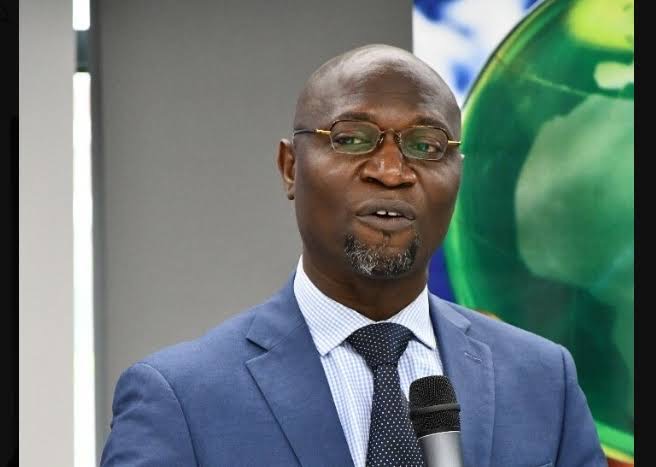Emomotimi Agama, the Director General of the Securities and Exchange Commission (SEC), highlighted that Nigeria’s cryptocurrency market is valued at over $400 million, with a substantial number of people participating in crypto trading and transactions.
During the 2024 Annual Conference of the Association of Capital Market Academics of Nigeria (ACMAN) in Abuja, themed ‘Crypto Assets and the Nigerian Economy: Implications for Financial Markets Regulation’, Agama projected that the cryptocurrency market in Nigeria will reach $52.5 million by 2028, reflecting a 12.66% growth from 2024 to 2028.

Despite economic challenges, Agama noted that Nigeria is a global leader in crypto adoption and transaction volumes.
He stated, “Reports show that between July 2022 and June 2023, Nigeria’s crypto transaction volume reached $56.7 billion, marking a 9% year-over-year increase. The country’s crypto market is valued at over $400 million, with a significant portion of the population engaged in cryptocurrency trading.”
Agama revealed that about 33.4% of Nigerians own or use cryptocurrencies, suggesting that this demographic could help extend financial services to over 38 million adults who are unbanked.
He pointed out that many individuals may lack bank accounts but possess digital wallets.
Agama also emphasized that cryptocurrencies could offer Nigerians in the diaspora more affordable and efficient remittance options, stating, “Cryptocurrencies can significantly reduce remittance costs, with Bitcoin transactions cutting fees by up to 50%. As one of Africa’s largest recipients of remittances, Nigeria benefits from the cheaper and faster alternatives provided by cryptocurrencies, compared to traditional methods with high fees.”

However, he acknowledged the challenges, noting that concerns about illicit activities remain, as reported by the Economic and Financial Crimes Commission (EFCC), which has cited instances of crypto-related fraud.
Agama mentioned that regulatory uncertainty, security risks, and low financial literacy pose significant challenges to crypto adoption.
“The absence of a comprehensive regulatory framework creates uncertainty, deterring investors and innovators. Cybersecurity threats, including hacking and fraud, are major risks. Additionally, a lack of financial literacy makes many vulnerable to scams and high-risk investments,” he explained.
He stated that while crypto assets offer significant opportunities for Nigeria’s economy, a balanced regulatory approach is crucial to maximize benefits and minimize risks.
“Collaboration among regulators, industry stakeholders, and the public is vital for developing effective regulations. I encourage ongoing dialogue and cooperation to foster a secure and innovative financial ecosystem,” he said.
In his comments, the Chairman of the SEC, Mr. Mairiga Katuka, remarked that the introduction of cryptocurrencies presents a potential advantage for the markets and urged collective efforts to advance Nigeria’s financial market.
“Together, we can build a robust capital market that aligns with President Bola Tinubu’s vision of positioning Nigeria as a premier investment destination. Let us work towards a market that not only addresses today’s needs but also anticipates future challenges,” he added.































